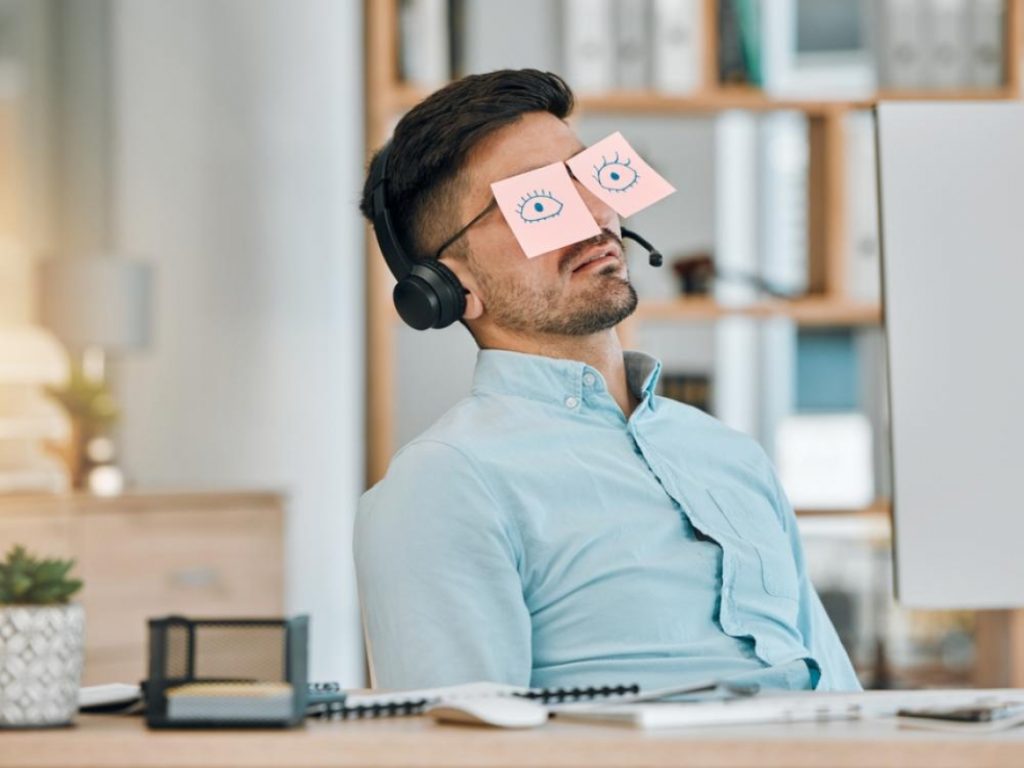Introduction
At first glance, social media seems like a harmless or even positive force. It helps us stay connected, share moments, and access inspiration from all corners of the world. But beneath the filters, hashtags, and curated posts, there may be a more subtle effect taking place—an erosion of self-esteem.
If you’ve ever closed a social app feeling “less than,” unaccomplished, unattractive, or inadequate, you’re not alone. For many, these platforms have become a daily mirror—not of reality, but of idealized lives that seem forever out of reach.
So, ask yourself: Is social media slowly reshaping how you see yourself?
This article explores how social media can influence your self-worth, the psychological mechanisms behind it, warning signs of declining self-esteem, and strategies to regain control over your digital well-being.
The Illusion of Perfection
Social media platforms are designed to showcase highlights—not real life. We see vacation photos, career wins, relationship milestones, flawless selfies, and carefully constructed narratives. Rarely do we see:
- Boredom and daily struggles
- Financial stress
- Mental health challenges
- Moments of failure or insecurity
This constant exposure to curated perfection can lead to unconscious comparisons. You begin to evaluate your own life through the distorted lens of someone else’s highlight reel.
Over time, this can result in:
- Feelings of inadequacy
- Body image issues
- Pressure to meet unrealistic standards
- A persistent sense of falling behind
Even if you know, rationally, that people post selectively, the emotional impact remains.
The Psychology Behind Social Media and Self-Esteem
1. Social Comparison Theory
Humans naturally compare themselves to others to assess their own abilities, status, or success. On social media, this process becomes constant, exaggerated, and often harmful.
You’re not just comparing yourself to a friend—you’re comparing yourself to:
- Fitness influencers with professional editing tools
- Entrepreneurs sharing only their best months
- Models posting photoshoots as casual selfies
- Peers celebrating highlights with no mention of the lows
These comparisons are often upward—meaning you compare yourself to people you perceive as doing better—which lowers self-evaluation.
2. Validation Loops and “Likes”
Many platforms are built around instant feedback—likes, comments, shares. This can create:
- A dopamine-driven loop of checking for approval
- Anxiety when posts receive less engagement
- External validation replacing internal confidence
Over time, self-worth becomes contingent on digital approval, weakening your ability to value yourself independently.
3. Fear of Missing Out (FOMO)
Seeing others constantly traveling, socializing, achieving, or upgrading can trigger the belief that you’re missing out—even when your own life is full. FOMO fuels:
- Dissatisfaction with the present
- Restlessness and anxiety
- Impulsive decisions driven by comparison
You may begin to question your choices or lifestyle, not because something is wrong—but because of how someone else’s choices are portrayed.
Subtle Signs Social Media May Be Affecting Your Self-Esteem
You may not immediately recognize the impact, but it can show up as:
- Feeling worse after scrolling
- Constant self-comparison
- Dissatisfaction with your appearance or achievements
- Posting for validation rather than expression
- Editing or filtering yourself heavily to feel “acceptable”
- Avoiding posting due to fear of judgment
- Difficulty enjoying the moment without documenting it
If social media use frequently leaves you emotionally drained, self-critical, or anxious, it’s worth re-examining your relationship with these platforms.
Who’s Most Vulnerable?
While anyone can be affected, certain groups are more vulnerable to social media’s effects on self-esteem:
- Teenagers and young adults, who are still forming identity
- People with existing self-image concerns
- Individuals seeking external validation
- Those going through life transitions (e.g., breakups, career changes)
- Social media professionals, for whom personal success is tied to online performance
Understanding this can help you build compassion toward yourself and others in the digital space.
How to Protect Your Self-Esteem in the Digital Age
1. Curate Your Feed with Intention
Unfollow or mute accounts that trigger comparison, insecurity, or negative emotions. Follow people who inspire, educate, or uplift you.
Ask: Does this account make me feel better or worse about myself?
2. Set Boundaries with Social Media Use
- Schedule social media “off” hours (e.g., no scrolling in bed)
- Use screen time trackers to monitor habits
- Turn off non-essential notifications
- Choose specific times to check your apps—don’t let them check you
Boundaries create mental space and emotional clarity.
3. Shift from Comparison to Connection
Instead of measuring yourself against others, use social platforms to:
- Connect with friends
- Learn something new
- Share authentically
- Celebrate others without diminishing yourself
Your worth is not diminished by someone else’s success.
4. Engage in Real-Life Validation
Build self-esteem from experiences that aren’t connected to screens:
- Achieving personal goals
- Spending time with loved ones
- Pursuing hobbies
- Practicing self-care
- Receiving genuine feedback in real-world contexts
True confidence is nurtured offline.

5. Reflect and Reframe
Notice your emotional state after using social media. If feelings of inadequacy arise, ask:
- Is this a fair comparison?
- Do I have the full story behind this post?
- What in my life is actually going well?
Reframing protects you from internalizing unrealistic standards.
Conclusion
Social media isn’t inherently harmful—but how you engage with it matters deeply. In a world where curated lives are constantly on display, it’s easy to lose sight of your own worth, progress, and beauty.
You don’t have to quit social media altogether, but you do need to reclaim your relationship with it. That starts by becoming aware of how it affects your self-perception, setting healthy boundaries, and focusing on real, grounded sources of self-worth.
So the next time you reach for your phone, ask yourself:
Is this helping me connect—or quietly eroding how I see myself?
Your self-esteem deserves protection. Even online.

















































